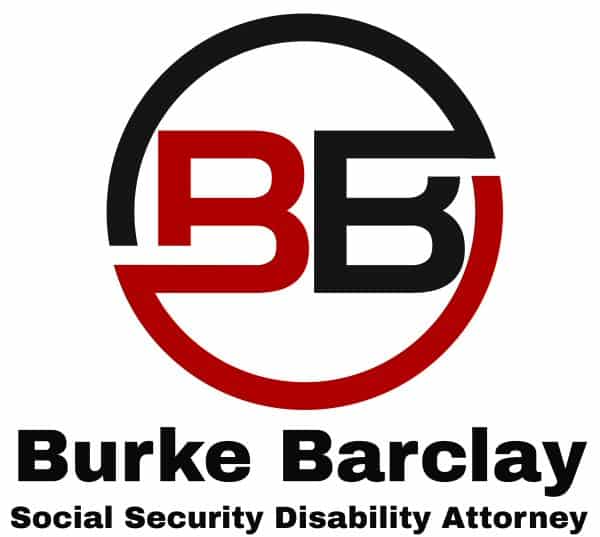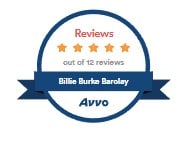Do You Have To Stop Working To Qualify For SSD Benefits?
The hard and fast rule is that if a claimant is working at “substantial gainful activity,” no matter how disabled that person is, he or she will automatically be denied disability benefits.
So, the question is, what is “substantial gainful activity?”
Well, to make matters more confusing, work which is considered substantial gainful activity must be both substantial and gainful.
Work is substantial when it involves significant physical or mental activity. Work is not substantial when a person is unable to do ordinary or simple tasks without more supervision or assistance than a person would normally need. Also, work may not be considered substantial if a person is simply doing work that makes little or no demand on him or her physically or mentally or is of no use to his or her employer.
Work is gainful if it is work that is normally done for profit, regardless of whether or not a person actually makes money at it or is not paid. This requirement is usually determined by looking at the claimant’s earnings.
As of 2016, substantial gainful activity limit for blind individuals was $1,820.00 per month and for non-blind individuals $1,130.00.
Thus, in order for a person to still work and collect benefits, he or she must be able to avoid the limits for substantial gainful activity; i.e. his or her work must not involve significant mental or physical aspects and he or she cannot make more than $1,130.00 a month.
This is the first obstacle one must overcome in determining whether or not a person meets the definition of disabled, which is that a person is unable to engage in substantial gainful activity by reason of a medically determinable physical or mental impairment which has lasted or is expected to last for a continuous period of not less than 12 months.
In summary, when I am asked “Do You Have To Stop Working To Qualify For SSD Benefits?” the answer is that you cannot make more than $1,130.00 per month or you will be denied benefits.
You Need an Experienced Social Security Disability Lawyer
We represent claimants fighting for their Social Security disability benefits throughout Texas and California. Contact the Law Office of Burke Barclay for a highly experienced Social Security Disability Lawyer in Dallas, Texas
"Experienced Social Security Disability Lawyer representing clients throughout the United States who either need to initially file for their Social Security disability benefits or have been denied at one of the various stages throughout the process to give them the best chances of success."
Business Address
The Law Office of Burke Barclay
3838 Oak Lawn Ave.
Suite 1000
Dallas, TX 75219
Business Hours
Monday - Friday
8:00 AM - 5:00 PM





